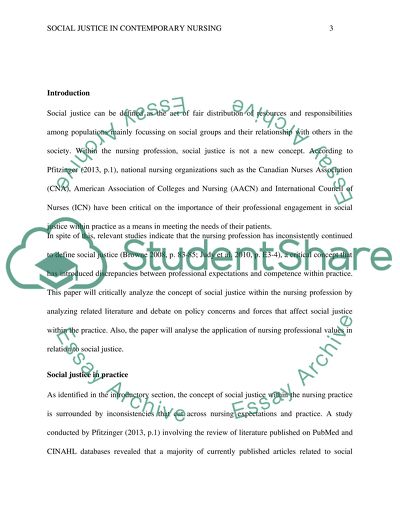Cite this document
(“SOCIAL JUSTICE IN CONTEMPORARY NURSING Essay Example | Topics and Well Written Essays - 3000 words”, n.d.)
Retrieved from https://studentshare.org/nursing/1694504-social-justice-in-contemporary-nursing
Retrieved from https://studentshare.org/nursing/1694504-social-justice-in-contemporary-nursing
(SOCIAL JUSTICE IN CONTEMPORARY NURSING Essay Example | Topics and Well Written Essays - 3000 Words)
https://studentshare.org/nursing/1694504-social-justice-in-contemporary-nursing.
https://studentshare.org/nursing/1694504-social-justice-in-contemporary-nursing.
“SOCIAL JUSTICE IN CONTEMPORARY NURSING Essay Example | Topics and Well Written Essays - 3000 Words”, n.d. https://studentshare.org/nursing/1694504-social-justice-in-contemporary-nursing.


